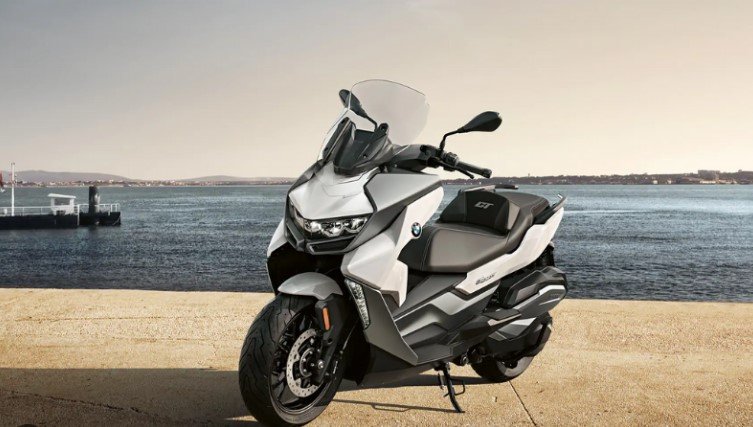The Impact of Motorcycles on Urban Mobility
Motorcycles have become an essential part of urban mobility in many cities around the world. With traffic congestion worsening and environmental concerns growing, motorcycles offer a solution that combines speed, efficiency, and flexibility. In this blog post, we will explore how motorcycles positively impact urban mobility. We’ll also discuss the challenges they bring, and how they contribute to the evolving landscape of city transportation.

1. Motorcycles and Reduced Traffic Congestion
One of the most significant ways motorcycles impact urban mobility is by reducing traffic congestion. In many cities, roadways are clogged with cars, buses, and trucks, making commuting a frustrating and time-consuming experience. Motorcycles, being smaller and more agile, can easily maneuver through traffic, helping riders avoid delays and reducing the overall number of vehicles on the road.
Because motorcycles take up less space on the road, they can help optimize the flow of traffic. This not only benefits motorcycle riders but also helps improve the overall efficiency of urban transportation. Additionally, motorcyclists often use lane splitting (in areas where it’s legal), allowing them to bypass slower-moving traffic. As a result, more motorcycles on the road can mean faster travel times for everyone.
2. Environmental Impact: A Greener Option
Another crucial factor driving the popularity of motorcycles is their environmental benefits. Motorcycles, especially electric ones, produce fewer emissions than cars and trucks. The smaller engine size means they use less fuel and emit less carbon dioxide per mile traveled. This makes motorcycles a more eco-friendly alternative in dense urban areas, where air pollution is a significant concern.
Electric motorcycles, in particular, offer an even cleaner option, as they produce zero emissions. With more cities pushing for reduced carbon footprints and promoting green transportation solutions, the rise of electric motorcycles is playing a key role in reducing pollution in urban environments. In some cities, electric motorcycles even qualify for incentives such as tax breaks or rebates, further encouraging their adoption.
3. Cost-Effective and Efficient Commuting
Motorcycles are often more cost-effective than cars when it comes to both purchase price and operating costs. The initial cost of a motorcycle is typically much lower than that of a car, and maintenance expenses are also more affordable. Additionally, motorcycles are more fuel-efficient, offering lower fuel costs per mile compared to cars or trucks.
For many urban dwellers, motorcycles provide a practical and affordable alternative to owning a car, especially in cities where parking is limited and expensive. Motorcycle riders also save on insurance costs, as premiums for motorcycles are generally lower than for cars. This cost-effective solution makes motorcycles an attractive option for people looking to save money while commuting in crowded urban environments.
4. Challenges and Safety Concerns
While motorcycles offer many benefits to urban mobility, they also come with certain challenges. Safety is one of the most significant concerns for riders. Motorcycles are more vulnerable in accidents compared to cars, as riders are more exposed to the elements and have less protection in case of a crash. As a result, cities must prioritize road safety measures to ensure that motorcycle riders are adequately protected.
Additionally, the presence of motorcycles on the road can sometimes lead to increased risks for other vehicles, especially if riders do not follow traffic laws or engage in dangerous behavior like speeding or lane splitting in unsafe conditions. Motorcycle education and awareness campaigns are essential in improving rider safety and promoting responsible driving habits.
Conclusion
Motorcycles have made a significant impact on urban mobility by offering a fast, efficient, and eco-friendly alternative to traditional cars and public transportation. They reduce traffic congestion, offer lower environmental impact, and are cost-effective for many riders. However, safety concerns and the need for infrastructure improvements remain critical challenges. As cities continue to grow and evolve, motorcycles will remain an important part of the solution to modern urban mobility.



